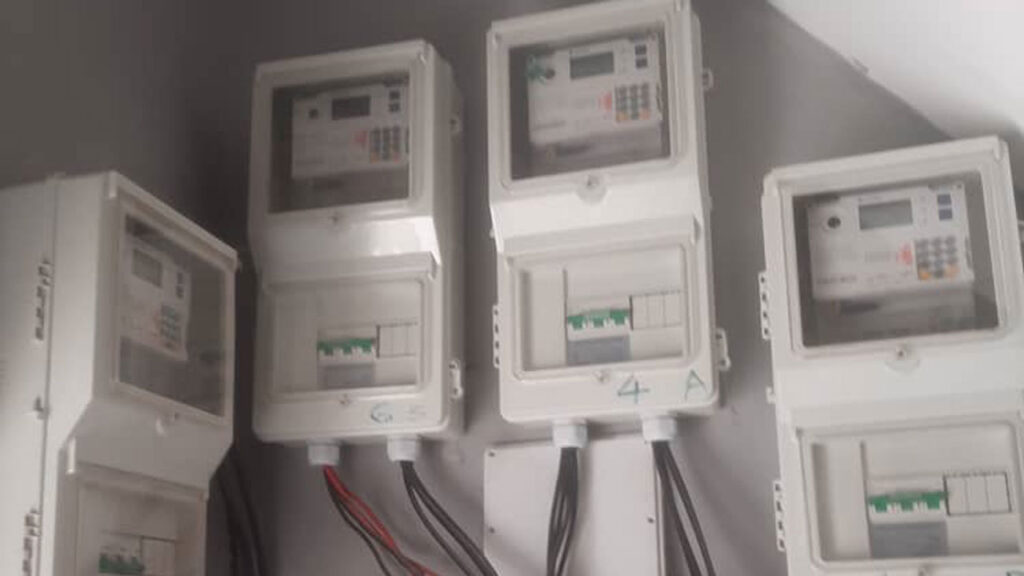
The federal government has been advised to reverse the proposed utilization of $155 million World Bank loan for the importation of meters, in order not to jeopardize local production of the meters and worsen the unemployment rate in the country.
The Association of Meter Manufacturers of Nigeria (AMMON) made the call during a media briefing in Abuja. They also admonished the government to redirect the funds to local industries to stimulate the economy and close the 10 million meter gap within 18 months.
Mr. Ifeanyi Okeke, the treasurer of the association and CEO of Holley Metering Limited, insisted that the proposed bidding process, scheduled for Tuesday, July 11th, would undermine the local content policy of the government.
Okeke warned that allowing the process to proceed would spell doom for the local producers, who have expressed concerns that the conditions have been biased in favor of foreign firms importing the products.
He stated that out of the 40 local meter manufacturing companies, 20 received awards by November last year. Despite the challenges, close to one million meters were rolled out between December 2020 and June 2021 by the local producers, demonstrating their capacity to do so.
“We are not against the World Bank funded program. All we need to do is direct the money where it will stimulate the economy. If the money is given to local manufacturers, it will be utilized and benefit the country.
“We want the government to stop this tender metering,” he said, emphasizing that it was not structured to help local industries but to import meters and render Nigerians jobless.
“The Federal Ministry of Finance and Nigeria Electricity Regulatory Commission (NERC) are supporting us, but they have conflicting desires. So, we urge the government to do the right thing.”
The Secretary-General of the association, Engr. Durosola Omogbenigun, argued that if the federal government proceeds with the bidding process, it would undermine the progress made in local content policy, backward integration, and technology transfer.
It is important to recall that former President Mohammadu Buhari signed the Executive Order No. 5 in February 2018 to adopt and promote local content. The Order requires every public organization to prioritize local products before foreign brands.
Omogbenigun said that the proposed $155 million World Bank loan, if channeled into local meter production, would galvanize the local industry, leading to job creation, wealth creation, and closing the 10 million gap in meter supply.
The $155 million World Bank loan by the federal government is intended to bridge the over eight million metering gap in the Nigerian Electricity Market.
According to the manufacturers, the government must urgently halt the Transmission Company of Nigeria (TCN) from opening tenders for the project.
They accused the TCN of not following through on their promise of support for their members in the award of a contract to produce 4 million meters since November 2022. They noted that the planned bidding for the deployment of the World Bank loan would force many of its members out of business.
“We have over 40 meter manufacturers ready to bridge the meter gap. Our demand for a review of the importance which we want to bring to the attention of the government. Our target is to close the metering gap.
“For us, this World Bank project is detrimental to the growth and progress of local content policy and backward integration.
“Today, we have expanded from 8 to 40 companies, which has increased tax base availability of meters and created jobs. Members spent 2 to 4 months bidding for meter production, and NERC promised to support manufacturers and assembly.
“As representatives of manufacturers, we have decided not to let our investment go to waste because we have bills to settle. This is our only contribution to the government.
“Most meters used in Nigeria were manufactured here, and we can’t stop. We can be self-sustained in meter production as a country.
“Our target is to ensure estimated billing is eliminated.”
